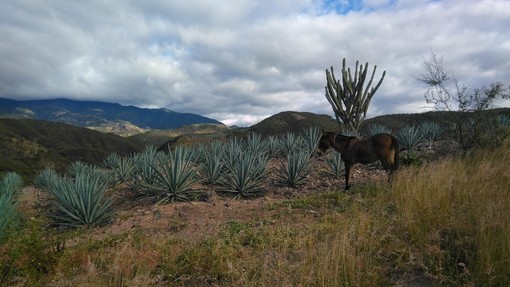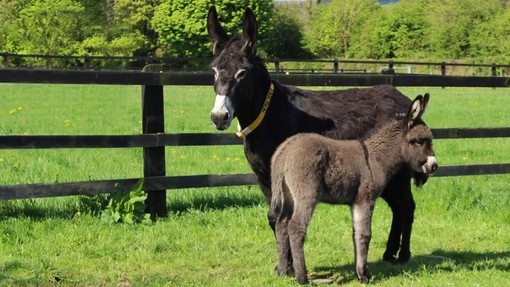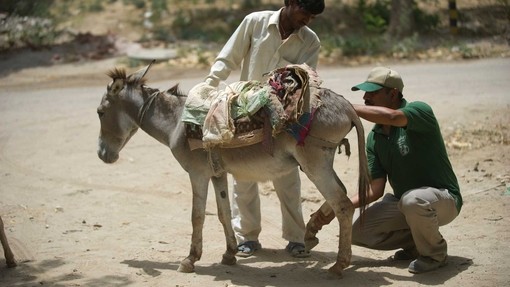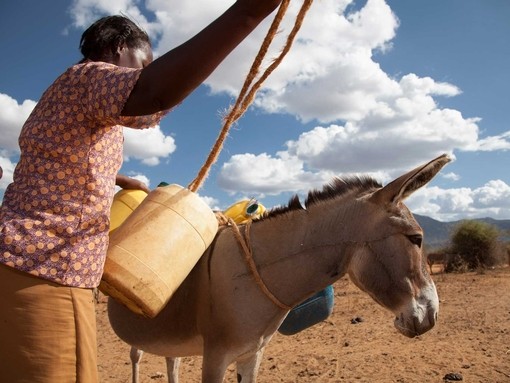
Learn more about our welfare partnerships across Africa
The Donkey Sanctuary, which is leading the efforts to draw worldwide attention to the trade in donkey skins for the use in traditional Chinese medicine, is in Ghana with Ghana SPCA to urge law enforcement bodies to immediately enforce the ban on the slaughter and export of donkey skins that was passed at the beginning of the year.
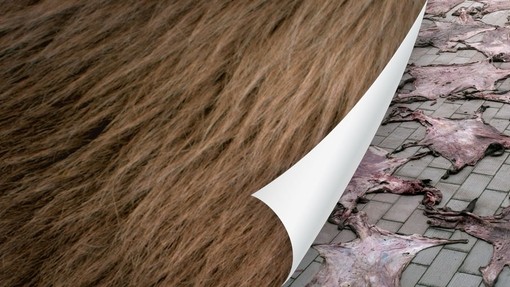
New research released this week by The Donkey Sanctuary reveals that the trade in donkey skins for use in traditional Chinese medicines is placing Namibia’s working donkey populations at risk.
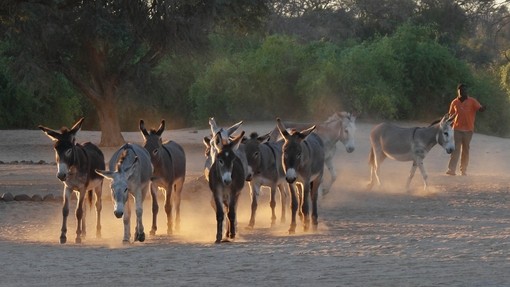
Uganda has become the latest country to protect its working donkey population by banning the trade in donkey skins in a strongly-worded statement. The move has been applauded by The Donkey Sanctuary which has been leading efforts to halt the trade.
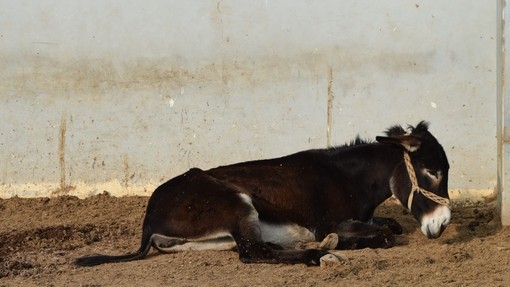
In a Tanzanian market, hundreds of donkeys wait to be slaughtered for their skins. The market was set up to serve ever-growing demand for ejiao - traditional Chinese medicine made with gelatin extracted from donkey skin.
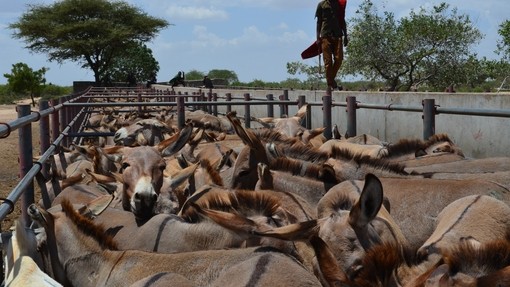
Opposition to the donkey skin trade is escalating by the day in Africa, with street protests from donkey owners in Kenya and the Government of Botswana banning the export of donkey products.
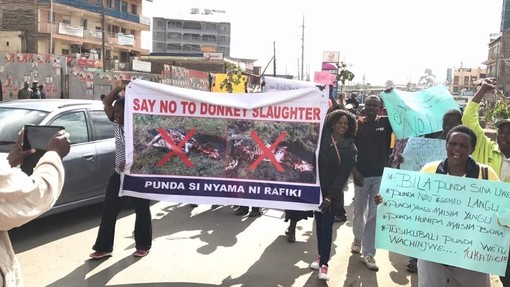
Donkeys caught up in the skin trade have little hope - the skin of an expensive healthy animal generates the same profit as that of a diseased, poorly kept or weak animal, which means that traders often see no value in maintaining good welfare conditions.
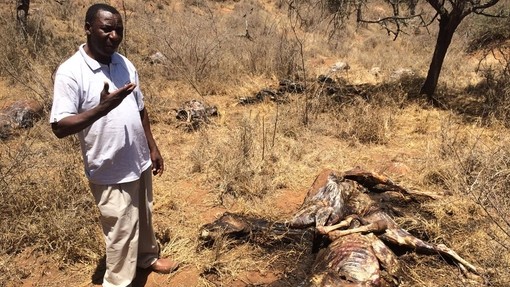
Donkeys are the backbone of the economy in Lamu Town. Without motorised vehicles, pack donkeys are relied upon to move goods, suitcases, building materials and people around the timelessly beautiful town.
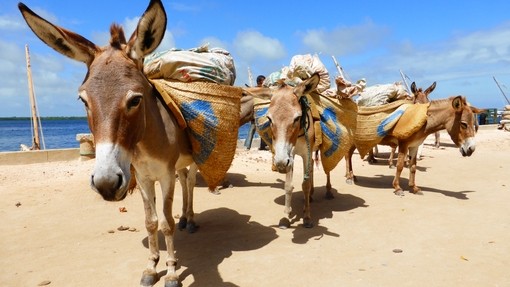
Communities left reeling as donkeys slaughtered for skins.
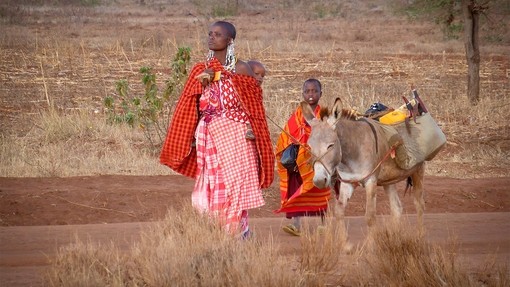
Where we work
The latest updates from our work across England, Wales, Scotland and Northern Ireland.
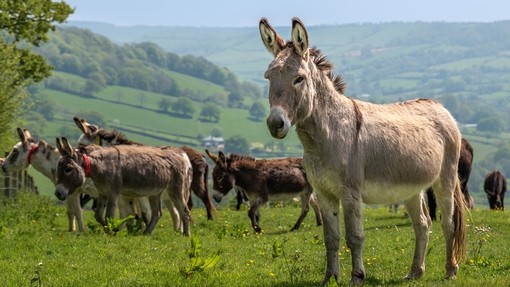
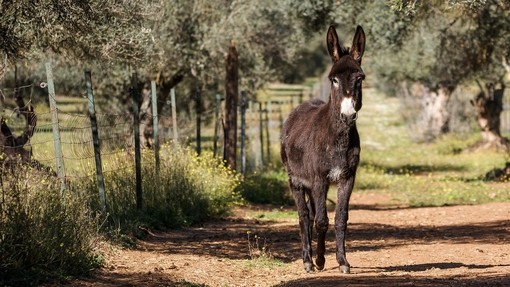
We work to ensure donkeys across the Americas are nurtured and well looked after, helping them form a vital part of local communities.
